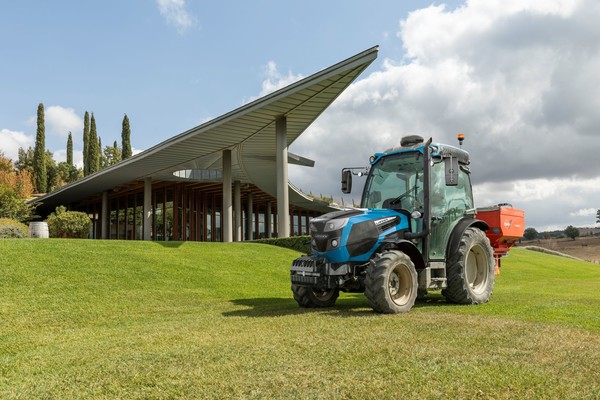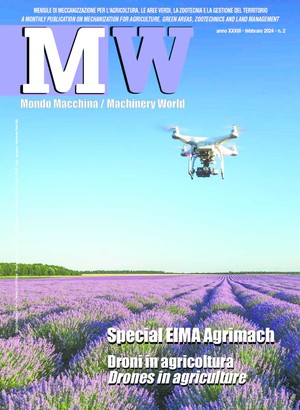
4.0 Credit, new terms
The "Milleproroghe" decree shifts from June to December the deadlines for the delivery of mechanical equipment with digital systems, and maintains the same relief percentages in force in 2021 for the current year. The postponement of the deadlines makes it possible to respect the delivery times of the vehicles, overcoming the difficulties that agro-mechanical industries may have in supplying energy and raw materials
The postponement of the deadlines for the delivery and installation of 4.0 products - in force since first of March following the publication of the conversion into law of the Decreto Milleproroghe yesterday - also includes agricultural machinery and equipment. The extension concerns vehicles and systems with electronic devices, which meet the requirements of the National Transition 4.0 Plan, which have been booked by December 2021 (with a down payment of 20%), and which, under the Decree, need no longer be delivered by 30 June this year, but by 31 December.
The six-month postponement, requested by some Confindustria organisations for their respective sectors and by FederUnacoma for the agri-mechanical sector in particular, was necessary in view of the crisis in raw materials and energy supplies, which is slowing down production and making it difficult for manufacturers to meet the delivery deadlines initially set.
The postponement of the terms of the Decreto Milleproroghe (DL no.228 of 30 December 2021) prevents the risk of non-delivery by manufacturers, and also extends to the end of 2022 the same conditions established for the previous year, i.e. tax credit equal to 40% of the cost for investments up to 2.5 million euro, 20% credit for investments from 2.5 to 10 million and 10% for the range from 10 to 20 million. For purchases to be made in the three-year period 2023-25, the deductible percentages are halved, and are therefore set at 20%, 10% and 5% respectively for the three investment brackets.
"4.0 incentives are proving to be an excellent driver for the agricultural machinery market," commented FederUnacoma president Alessandro Malavolti, "but they should not be interpreted as a simple incentive to purchase, since the transition to digital technology is a very complex process that requires a technological culture that enables farms to choose the most suitable devices for their needs and operators to use new-generation technologies effectively". "4.0," concludes Malavolti, "activates a process of innovation that takes place at every level, starting with schools and training facilities.








